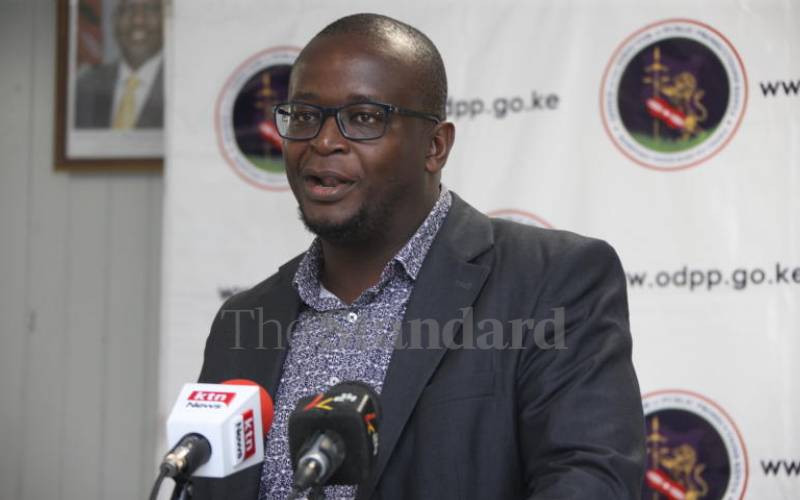×
The Standard e-Paper
Stay Informed, Even Offline

The Law Society of Kenya has moved to court to challenge the proposed increase of excise duty stamp cost.
The lawyers' lobby, in its case against Kenya Revenue Authority, Parliament, and Attorney General, argues that an upward adjustment of excise duty will further hurt Kenyans who are already barely surviving due to the decline of shilling purchase power, high cost of electricity and fuel among others.